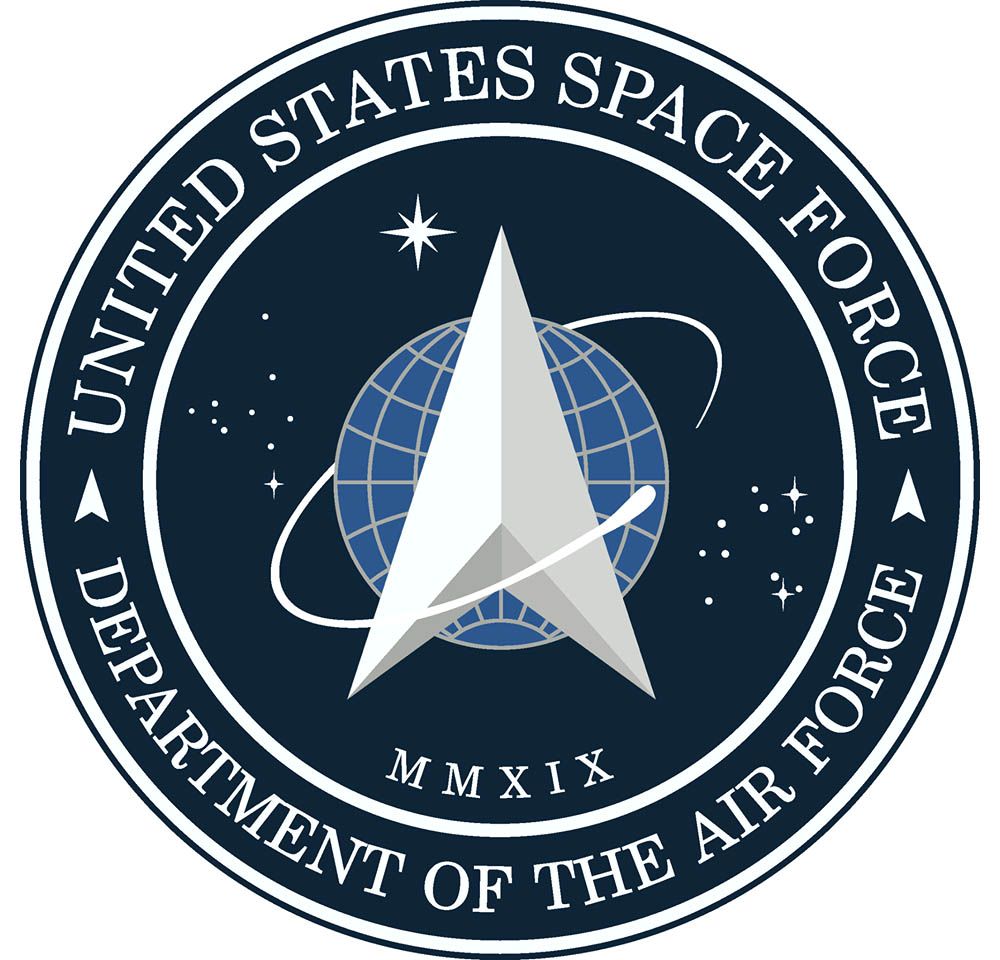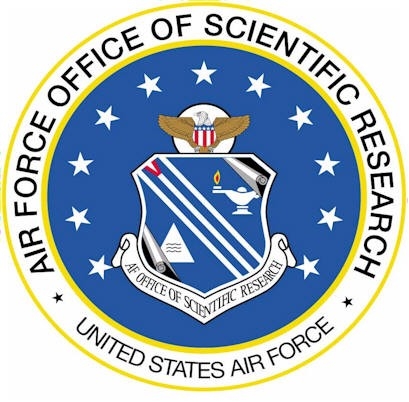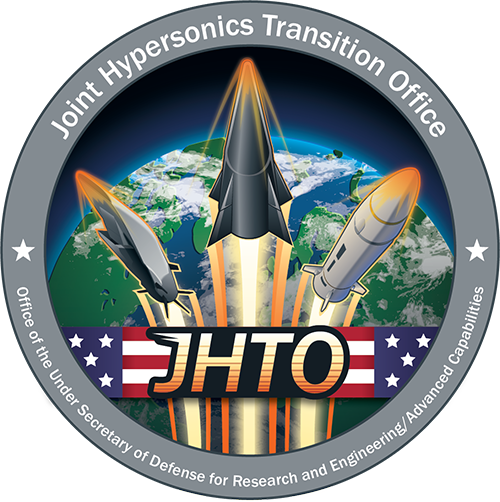Nonlinear Estimation
Nonlinear estimation is a core focus of the NEAR group and addresses the challenge of estimating the internal state of a system when its dynamics and measurements are governed by nonlinear models. Classical estimation methods, such as the Kalman Filter, work best with linear dynamics and Gaussian noise, which limits their accuracy and applicability in complex aerospace systems. In contrast, nonlinear estimation must grapple with non-Gaussian uncertainty, nonlinear sensor and dynamic models; potentially even chaotic behavior. This calls for advanced techniques such as Gaussian mixture filters, polynomial expansions, and ensemble-based methods, which allow us to approximate the posterior distribution of system states in a tractable yet expressive way.
Our research emphasizes both theoretical development and practical application of these methods, including adaptive filtering strategies and the use of polynomial expansions of Gaussian random variables to propagate uncertainty. These methods enable more accurate tracking and navigation in high-stakes scenarios such as re-entry, orbital maneuvering, and deep-space missions. The lab also explores connections between filtering, data assimilation techniques and Bayesian inversion, providing new insight into how all of these methods relate to each other and on how they can be improved.
Representative Papers
- Multiple Data Assimilation as an Approximate Maximum A Posteriori Estimator – Presents MDA as an approximate solution to a homotopy-derived differential equation, yielding high performance in nonlinear systems.
- An Adaptive Covariance Parameterization Technique for the Ensemble Gaussian Mixture Filter – Introduces an EM-based adaptive covariance tuning method for EnGMF, improving performance in chaotic systems.
- Nonlinear Filtering with a Polynomial Series of Gaussian Random Variables – Uses polynomial expansions of Gaussian variables to propagate higher-order uncertainty in filtering.
Autonomous Navigation
Autonomous navigation is essential for spacecraft that must operate reliably without human intervention, particularly in GPS-denied environments such as deep space, planetary surfaces, or cislunar space. Our work in this area focuses on developing robust estimation frameworks and sensor fusion techniques to allow spacecraft to determine their own position and velocity with high confidence, using only onboard measurements. These may include star trackers, IMUs, optical terrain sensors, altimeters, or vision-based systems. A central challenge is the need to balance estimation accuracy with limited computational and sensing resources.
The NEAR group conducts cutting-edge research in terrain-relative navigation, point-mass filtering, and sensor architecture design for emerging mission profiles, including lunar return and operations in Near Rectilinear Halo Orbits (NRHOs). By leveraging nonlinear filtering techniques such as Gaussian mixture models and hybrid particle-filter-like methods, we develop navigation solutions that remain reliable under high dynamics, long propagation times, and limited observability.
Representative Papers
- Autonomous Midcourse Navigation for Lunar Return – Develops methods for onboard midcourse navigation with minimal ground support during lunar return missions.
- Sensor Configuration Trade Study for Navigation in Near Rectilinear Halo Orbits – Analyzes sensor layouts for spacecraft in NRHOs to optimize accuracy and resource efficiency.
- Gaussian Mixture–Based Point Mass Filtering with Applications to Terrain‑Relative Navigation – Combines Gaussian mixture models with point-mass filters to improve robustness in terrain-relative scenarios.
Astrodynamics
Astrodynamics is the study of orbital motion and the physical principles that govern the behavior of spacecraft and celestial bodies. In the NEAR group, our astrodynamics research bridges the gap between classical orbital mechanics and modern uncertainty-aware estimation, enabling more accurate and robust orbit determination in the face of sparse or noisy data. We develop advanced filtering techniques that integrate machine learning concepts such as kernel methods and Gaussian mixtures into ensemble-based frameworks, providing improved performance for tracking and prediction in complex environments.
Particular areas of interest include orbit determination with sparse ground-based observations, optimal sampling strategies for high-fidelity space situation awareness mass filtering, and foundational issues in rotational kinematics.
Representative Papers
- Kernel‑Based Ensemble Gaussian Mixture Filtering for Orbit Determination with Sparse Data – Applies kernel-enhanced EnGMF to orbit determination using sparse measurements with improved accuracy.
- Rotations, Transformations, Left Quaternions, Right Quaternions? – Discusses quaternion conventions and their implications for attitude estimation and spacecraft control.
- Optimal Sampling for Point Mass Filtering with Applications to Cislunar Orbit Determination – Proposes sampling strategies for point-mass filters to enhance orbit determination in the cislunar environment.
Current Projects
This joint research with Virginia Tech supports the United States Space Force as part of the Universities Space Research Association (USRA) program. The work at UT under this grant focuses on Positioning, Navigation, and Timing (PNT) of spacecraft in Cislunar space.

This joint collaboration with Dr. Brandon Jones develops a small-sat for a LEO test of a novel positioning and timing solution for lunar orbiting satellites. This work is supported by the National Aeronautics and Space Foundation and was also awarded a launch.

This joint research collaboration with Dr. Ufuk Topcu, Texas A&M, University of New Mexico, University of Colorado Boulder, and University of Washington proposes to develop a theoretical and computational foundation to support space situational awareness and autonomous operations in the cislunar regime. The resulting algorithms will support onboard, autonomous navigation, reachability, and control.

This joint research collaboration with the University of Arizona and Raytheon proposes to develop autonomous guidance and navigation systems for hypersonic systems.

This research collaboration with Ms. Rachel Mamich investigates navigation technology for spacecraft rendezvous with an uncooperative and maneuvering target. (NASA Space Technology Graduate Research Opportunity).

This research supports the NASA Johnson Space Center to push the state of the art in autonomous deep-space navigation. The main research goals are crater-relative navigation and everywhere rendezvous. This research directly supports our Autonomous Vehicles, our Spacecraft Rendezvous, and our Vision-Based Navigation core research areas.

